Spontaneous Dump in the Area of the Unreclaimed Industrial Zone. Dacha Cooperative "Stroitel". Tokmok
Coordinates: 42.851609, 75.329049
Unreclaimed industrial zones pose a serious threat to both ecology and human health. These areas, left after the completion of industrial activities, often contain contaminated soils, remnants of hazardous substances, and destroyed infrastructures, making them ecological "hotspots".
Threats to Ecology
Soil contamination: One of the main dangers is soil contamination with heavy metals, petroleum products, chemicals, and other toxins accumulated over years of industrial activity. These substances do not decompose naturally, and their accumulation in the soil leads to degradation. Fertility decreases, making such lands unsuitable for agricultural use or natural restoration.
Biodiversity disruption: Contaminated industrial zones create unfavorable conditions for the life of plants and animals. Many species may lose their habitats, leading to a decrease in biodiversity and disruption of ecological balance. Long-term pollution often results in the extinction of certain species of flora and fauna in these regions.
Toxin accumulation effect: Heavy metals and chemical compounds can accumulate in plants and animals living in these areas. This leads to disruptions in food chains: toxins are transferred from plants to herbivorous animals, and then to predators, including humans. This process has long-term consequences for ecosystems.
Threats to Humans
Health impact: People living near unreclaimed industrial zones are at increased risk of exposure to harmful substances. Contaminated soil and water can become sources of heavy metals such as mercury, lead, and cadmium, as well as cancer-causing chemicals, respiratory diseases, and nervous system disorders. Regular exposure to such substances can lead to chronic diseases and increased mortality.
Air pollution: Abandoned industrial sites often have dilapidated buildings and remnants of equipment that can release hazardous substances into the air. For example, during the demolition of structures, asbestos, heavy metals, and other dangerous materials may be released. Inhaling such substances leads to serious lung problems, allergic reactions, and other diseases.
Risk of accidents and fires: Abandoned industrial facilities can pose a risk in terms of technological disasters. Explosive or flammable materials left on-site can cause fires or explosions. This creates a danger not only for people nearby but also for the surrounding nature.
Economic consequences: Unreclaimed industrial zones become "dead" territories that cannot be used for economic development. This reduces land value, hinders the construction of housing, businesses, and infrastructure, thereby creating socio-economic problems for local communities.
Unreclaimed industrial zones are not only an ecological problem but also a threat to human health. Addressing this issue requires comprehensive interaction between government agencies, industrial companies, and environmental organizations. Restoring such areas contributes not only to the protection of nature but also to creating safe and livable conditions for people.
Unreclaimed industrial zones pose a serious threat to both ecology and human health. These areas, left after the completion of industrial activities, often contain contaminated soils, remnants of hazardous substances, and destroyed infrastructures, making them ecological "hotspots".
Threats to Ecology
Soil contamination: One of the main dangers is soil contamination with heavy metals, petroleum products, chemicals, and other toxins accumulated over years of industrial activity. These substances do not decompose naturally, and their accumulation in the soil leads to degradation. Fertility decreases, making such lands unsuitable for agricultural use or natural restoration.
Biodiversity disruption: Contaminated industrial zones create unfavorable conditions for the life of plants and animals. Many species may lose their habitats, leading to a decrease in biodiversity and disruption of ecological balance. Long-term pollution often results in the extinction of certain species of flora and fauna in these regions.
Toxin accumulation effect: Heavy metals and chemical compounds can accumulate in plants and animals living in these areas. This leads to disruptions in food chains: toxins are transferred from plants to herbivorous animals, and then to predators, including humans. This process has long-term consequences for ecosystems.
Threats to Humans
Health impact: People living near unreclaimed industrial zones are at increased risk of exposure to harmful substances. Contaminated soil and water can become sources of heavy metals such as mercury, lead, and cadmium, as well as cancer-causing chemicals, respiratory diseases, and nervous system disorders. Regular exposure to such substances can lead to chronic diseases and increased mortality.
Air pollution: Abandoned industrial sites often have dilapidated buildings and remnants of equipment that can release hazardous substances into the air. For example, during the demolition of structures, asbestos, heavy metals, and other dangerous materials may be released. Inhaling such substances leads to serious lung problems, allergic reactions, and other diseases.
Risk of accidents and fires: Abandoned industrial facilities can pose a risk in terms of technological disasters. Explosive or flammable materials left on-site can cause fires or explosions. This creates a danger not only for people nearby but also for the surrounding nature.
Economic consequences: Unreclaimed industrial zones become "dead" territories that cannot be used for economic development. This reduces land value, hinders the construction of housing, businesses, and infrastructure, thereby creating socio-economic problems for local communities.
Unreclaimed industrial zones are not only an ecological problem but also a threat to human health. Addressing this issue requires comprehensive interaction between government agencies, industrial companies, and environmental organizations. Restoring such areas contributes not only to the protection of nature but also to creating safe and livable conditions for people.
The research was conducted with the support of the Global Greengrants Fund (GGF), one of the leading donor organizations in the world that supports the efforts of ordinary people to protect planet Earth. #GlobalGreengrantsFund #GreengrantsFund #Greengrants #GGF #GlobalGreengrantsFund

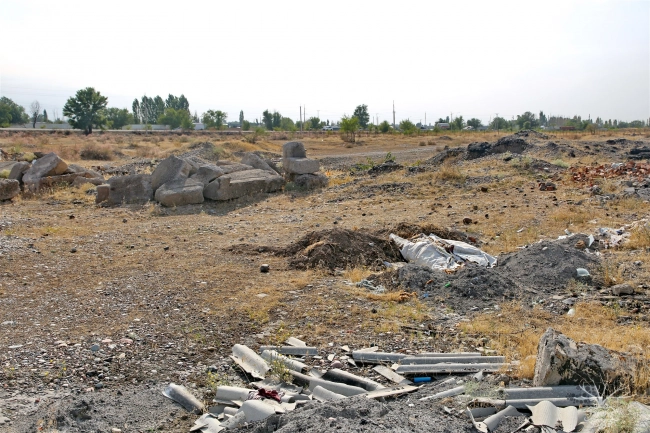
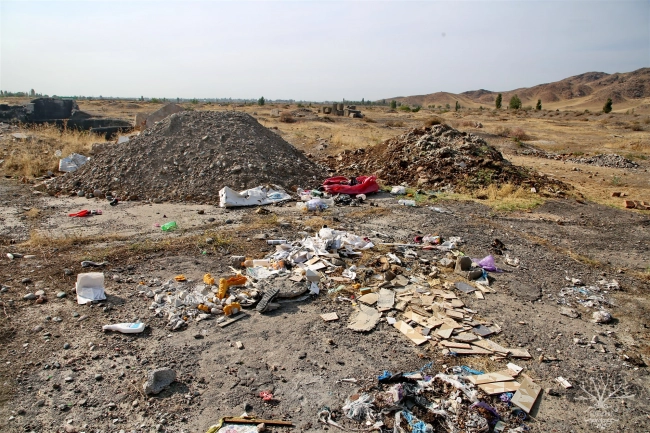
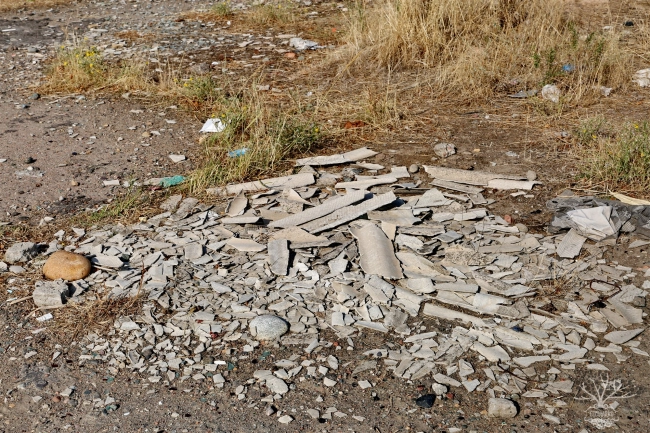
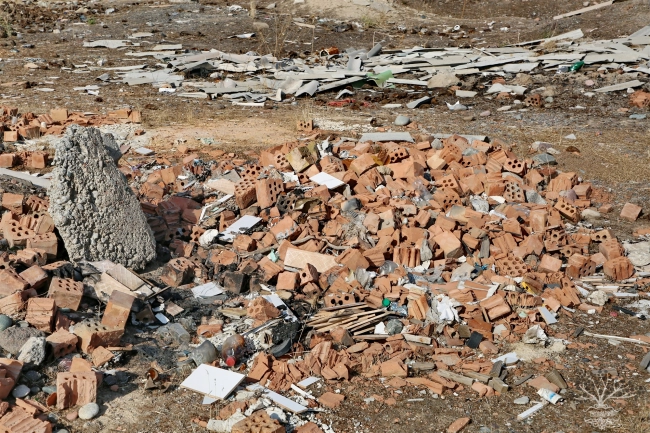
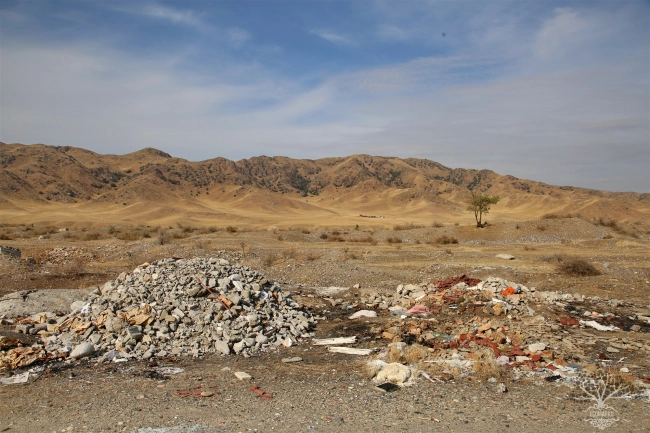
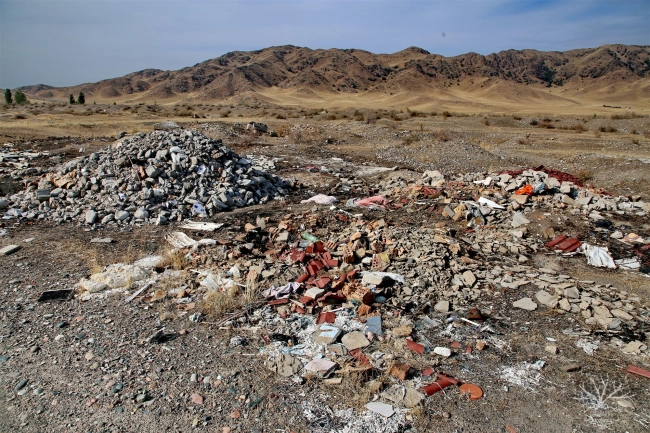
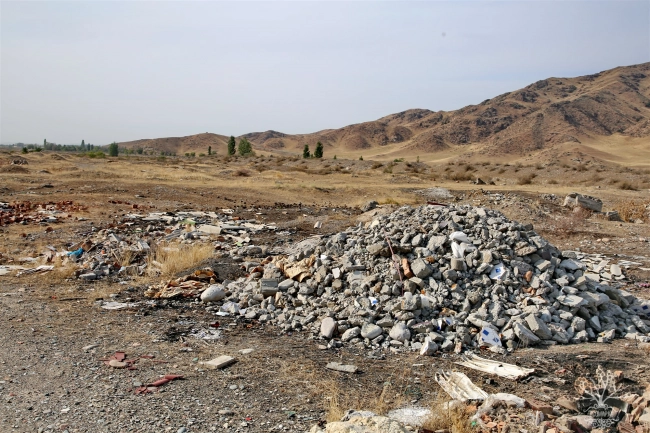
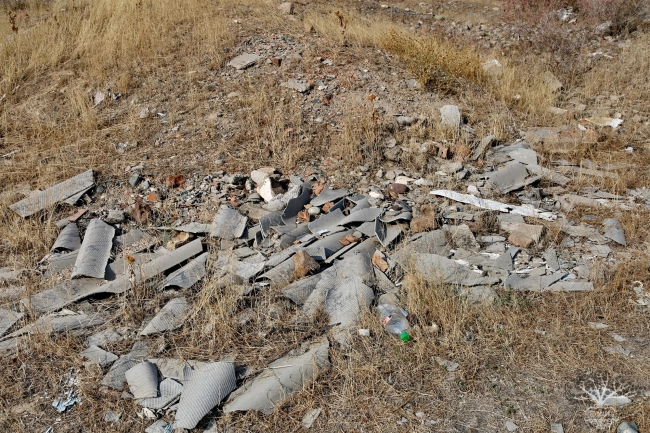
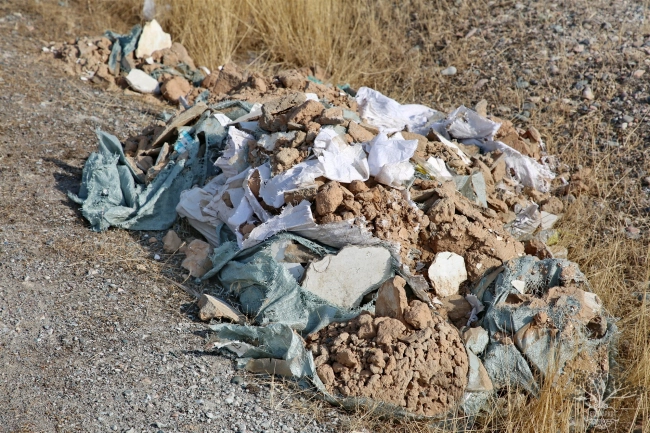
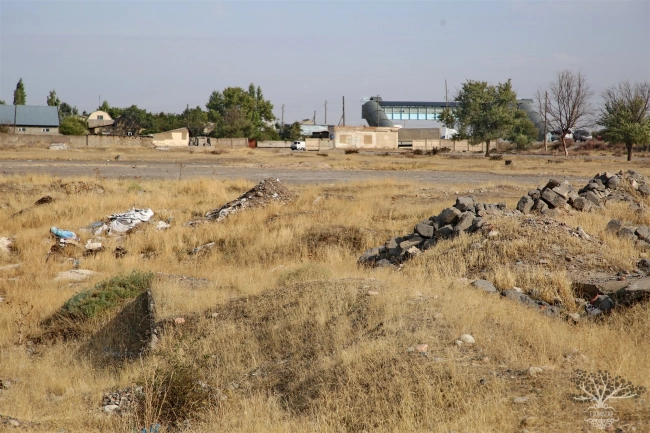
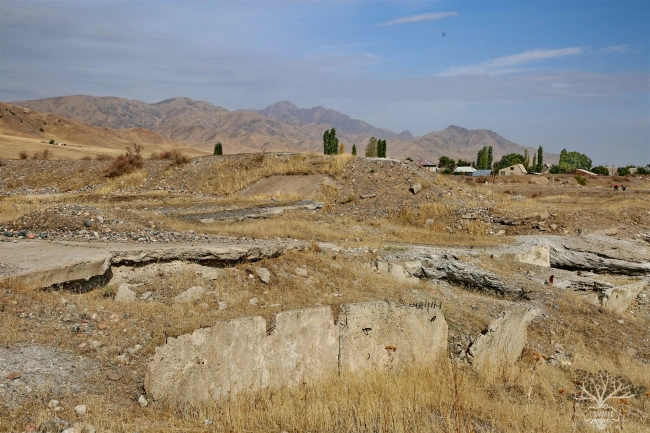
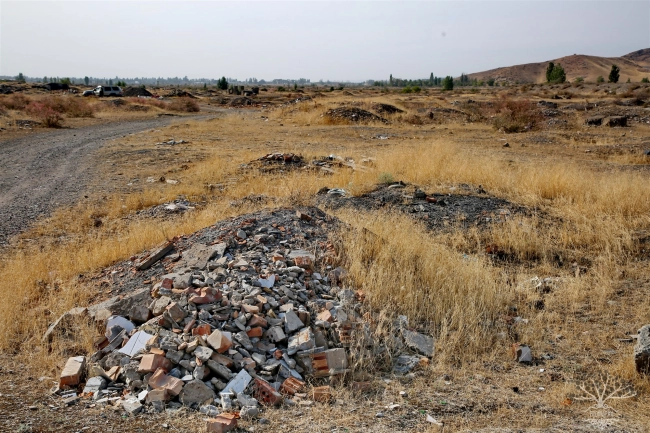
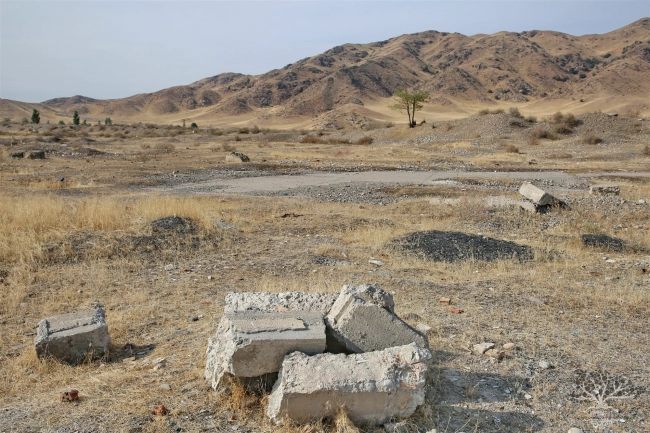
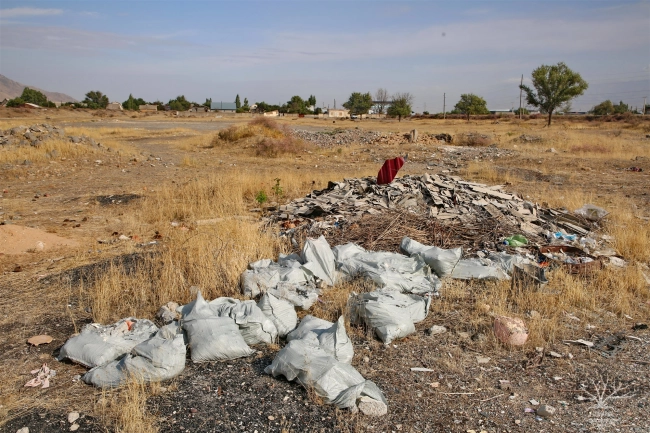
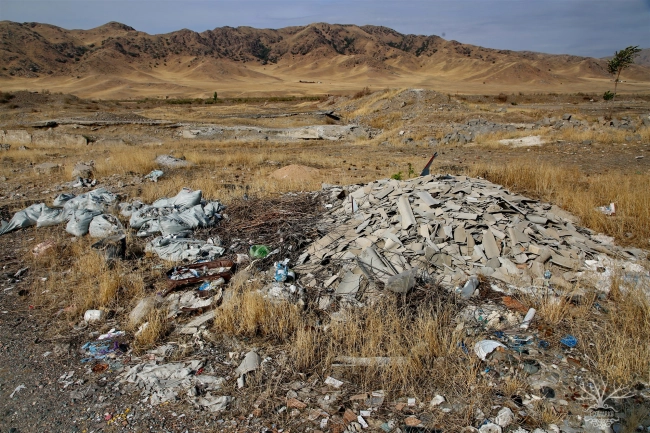
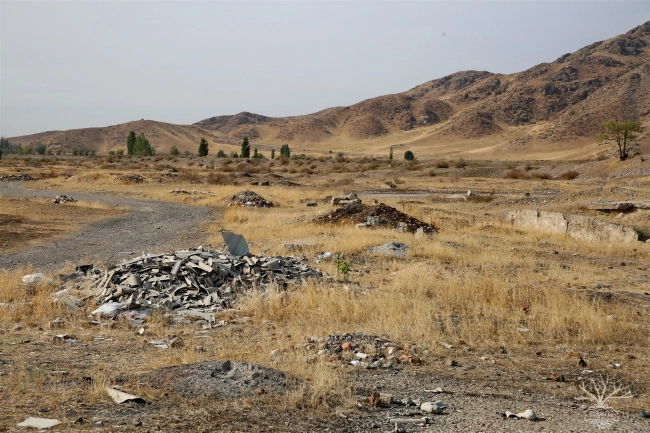
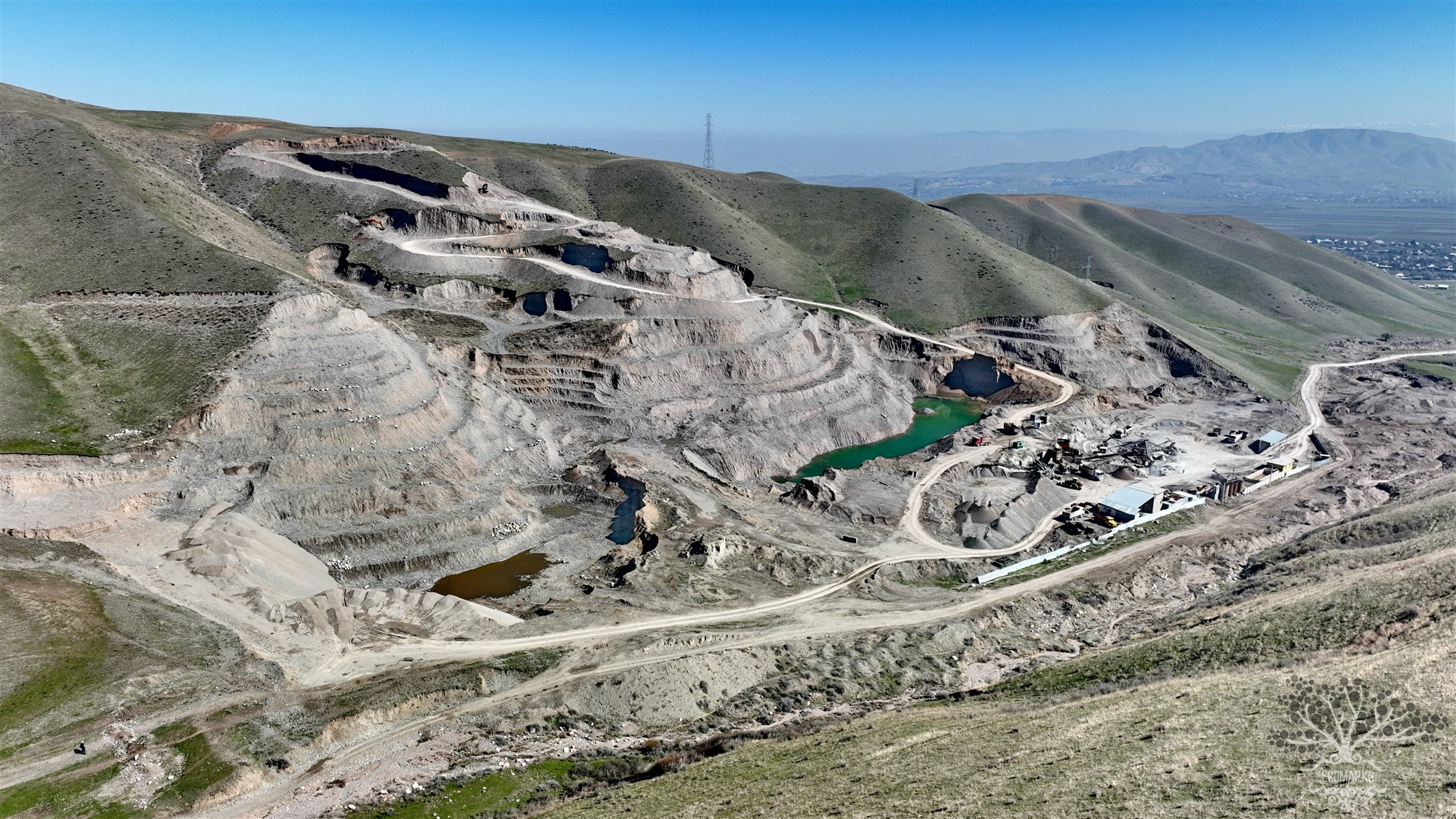
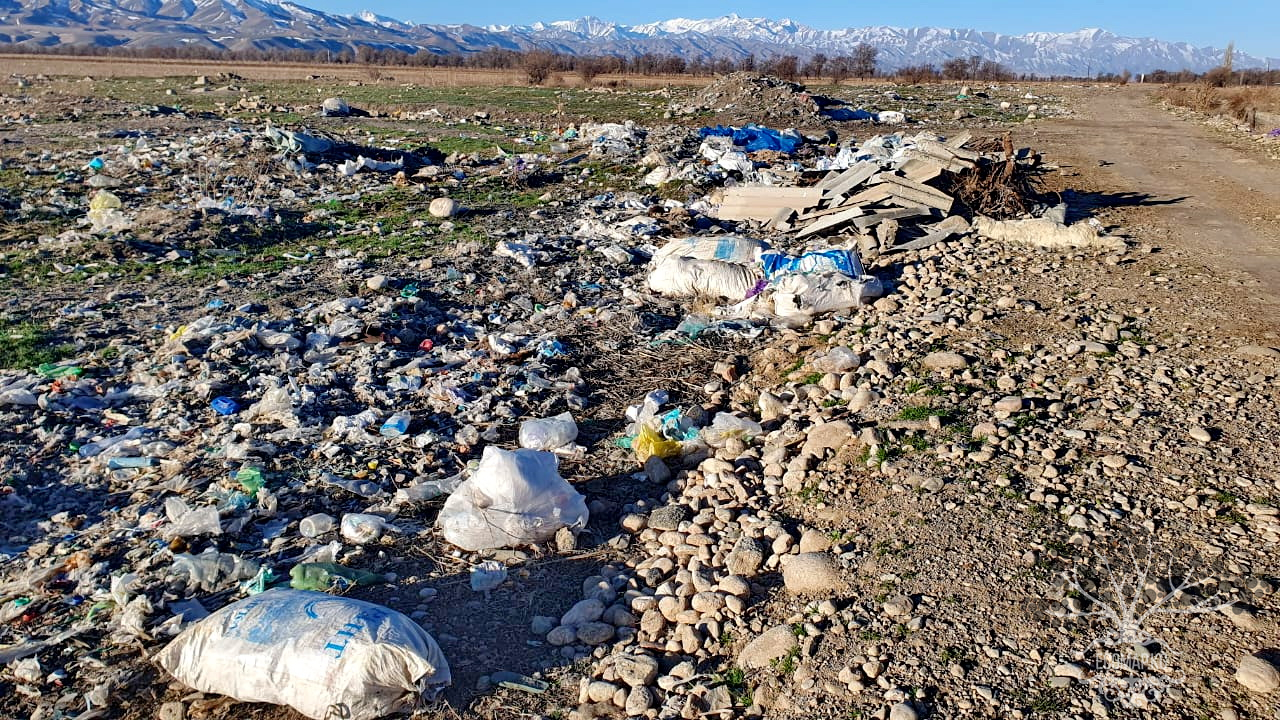
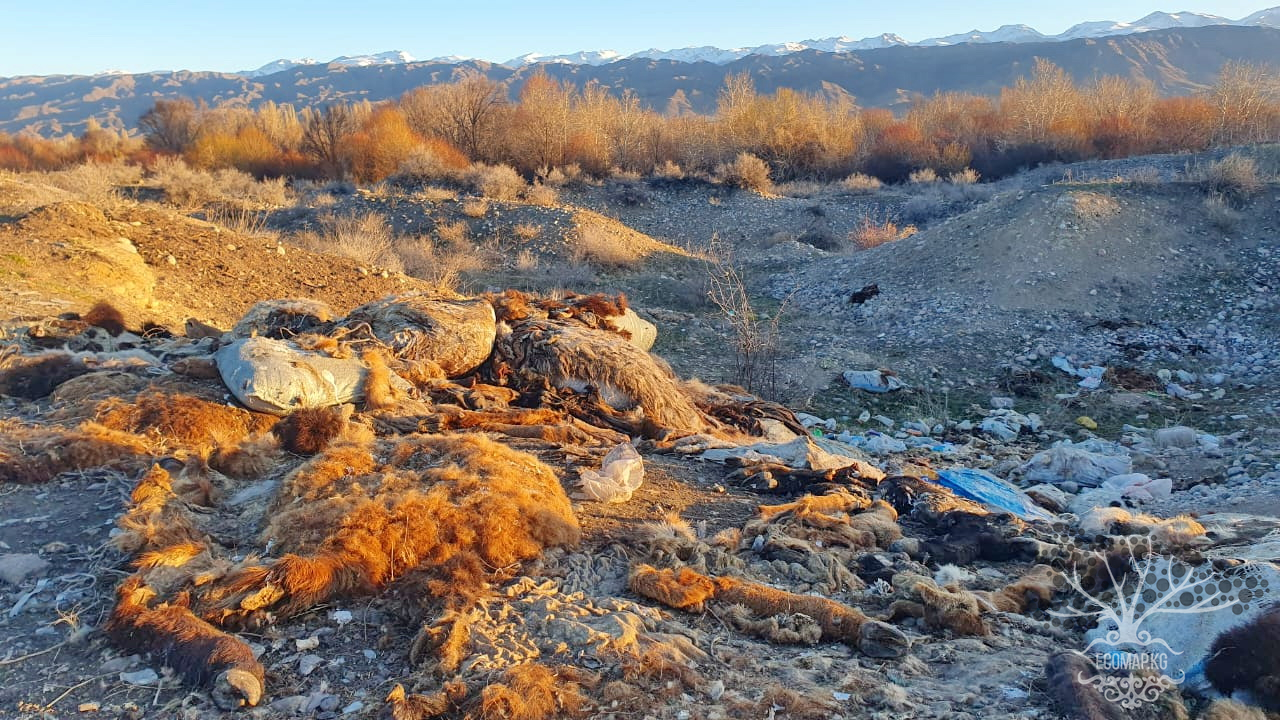
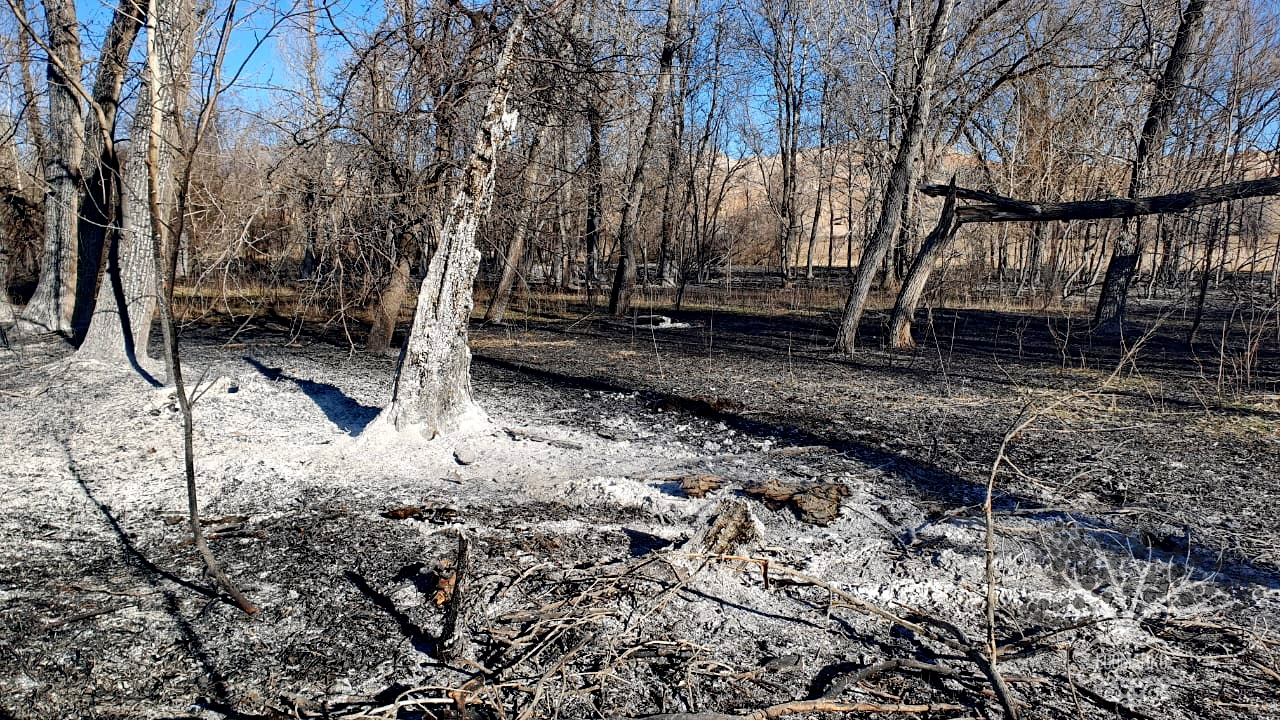


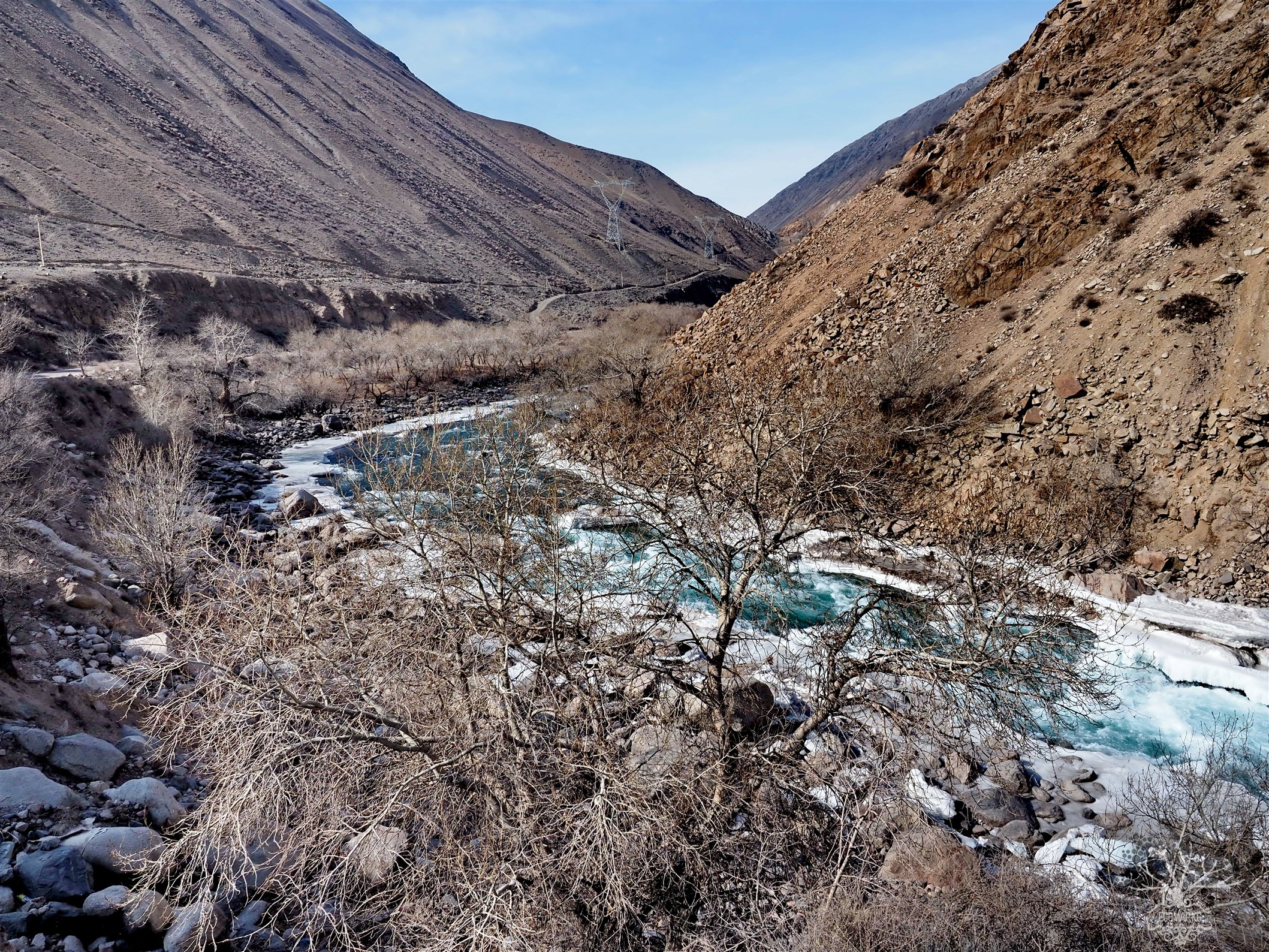
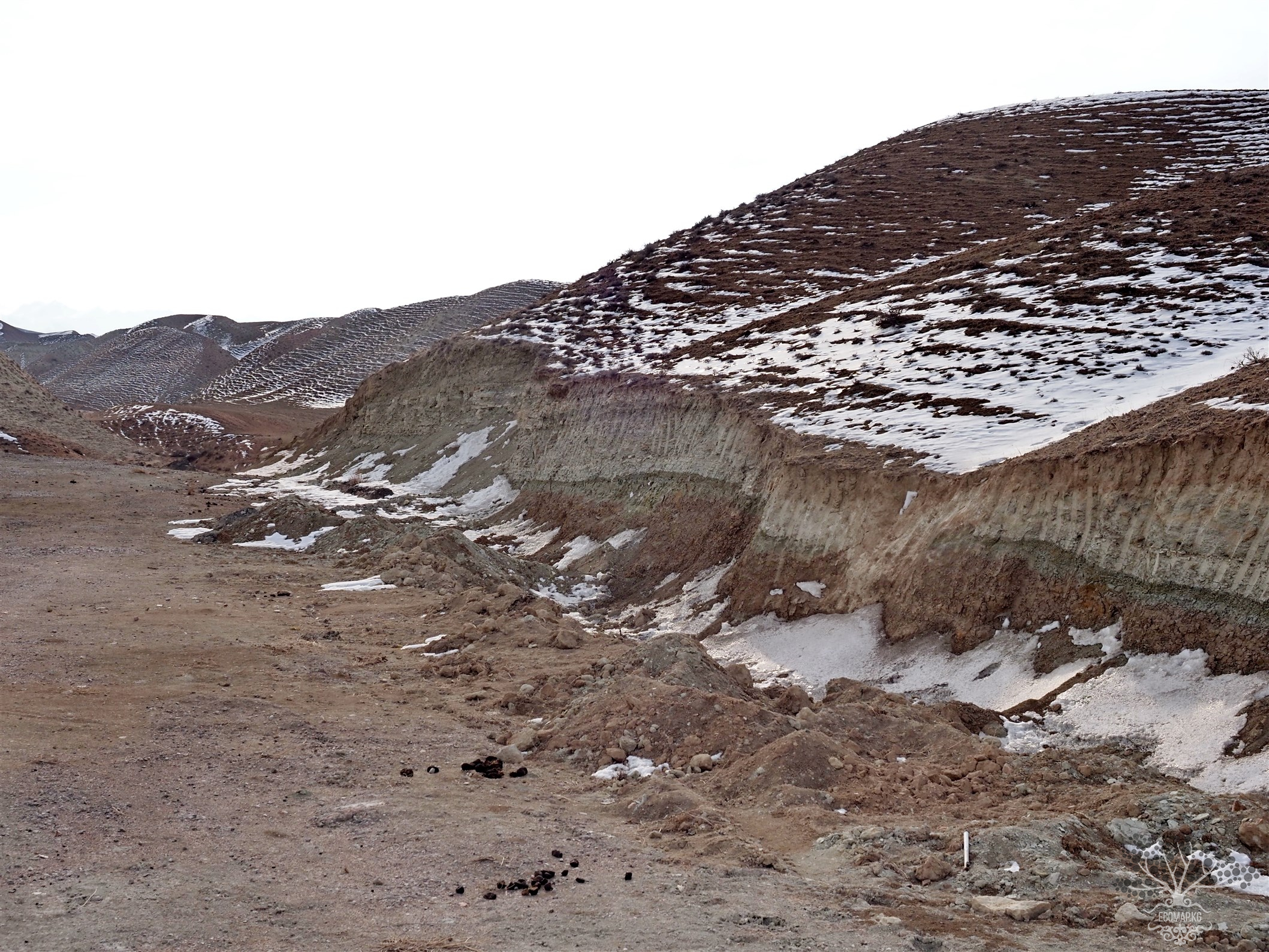
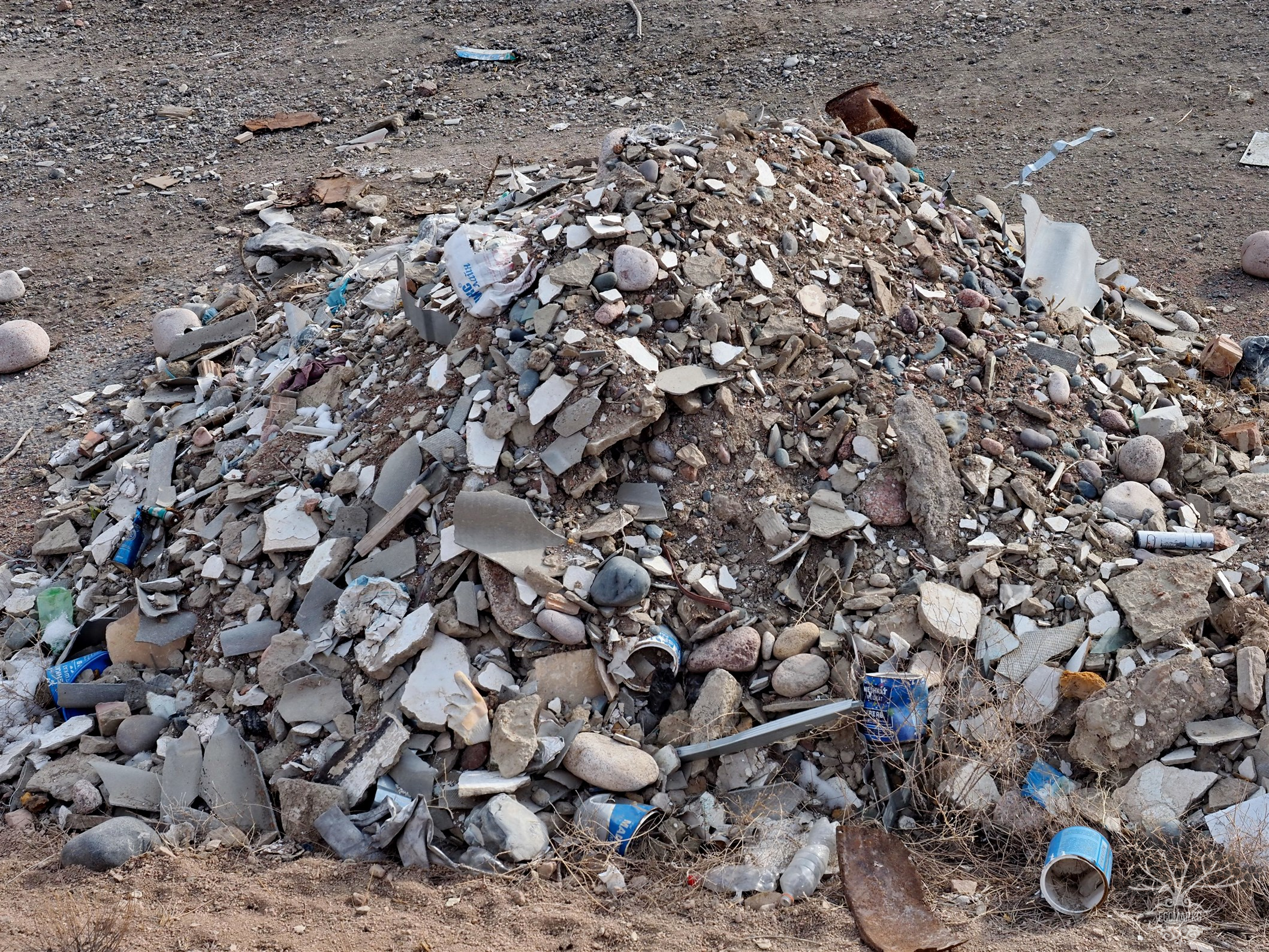
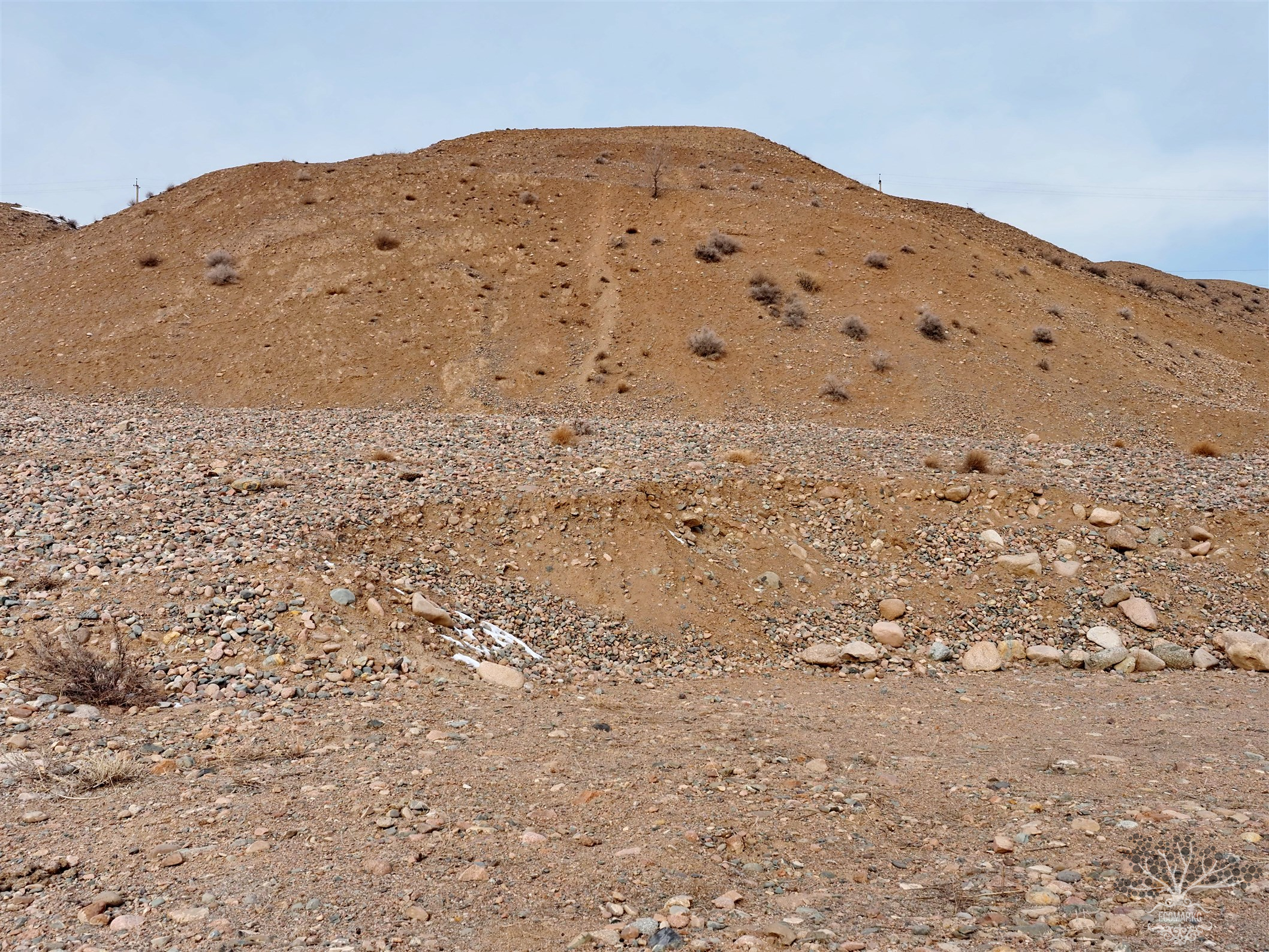


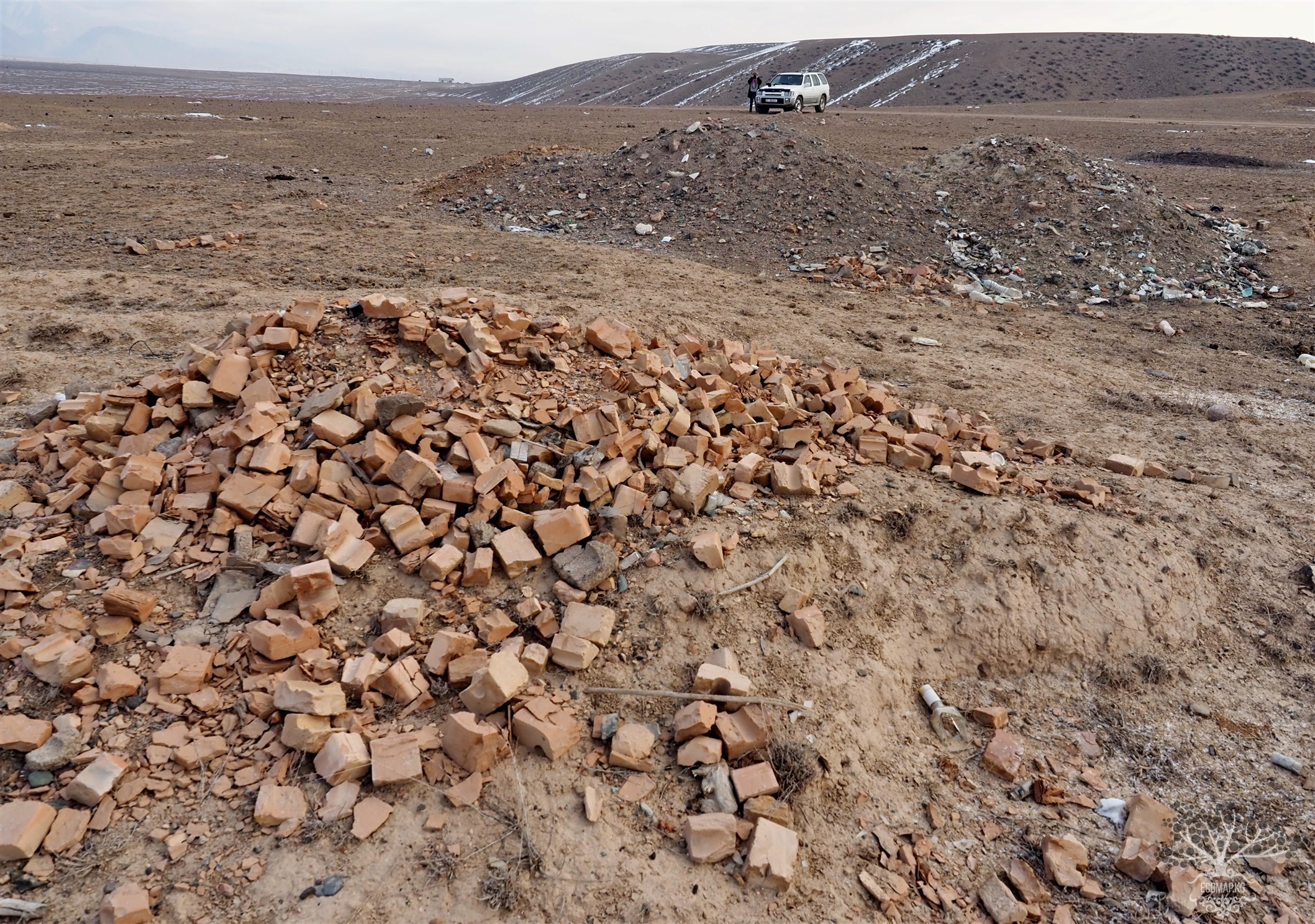
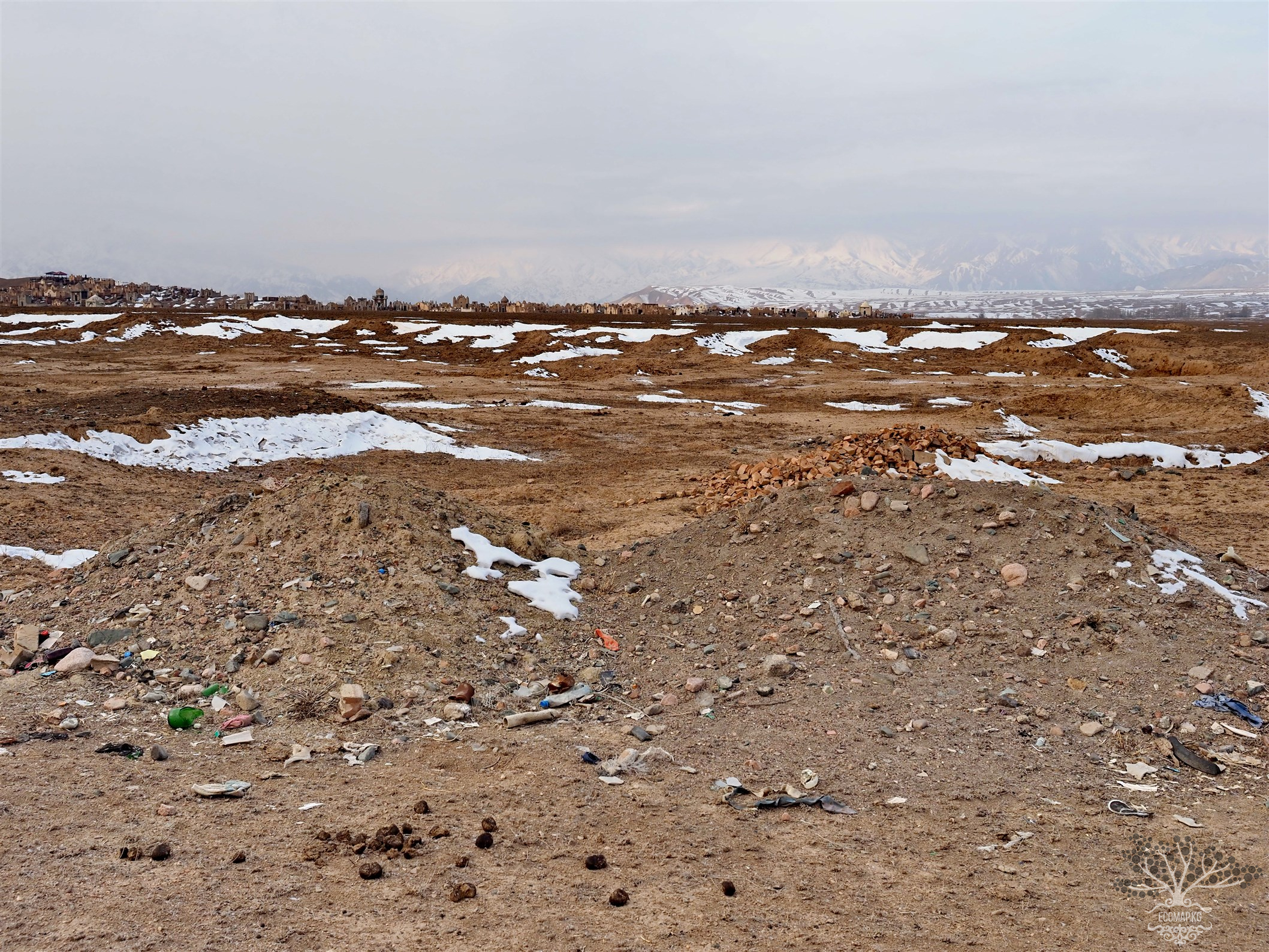

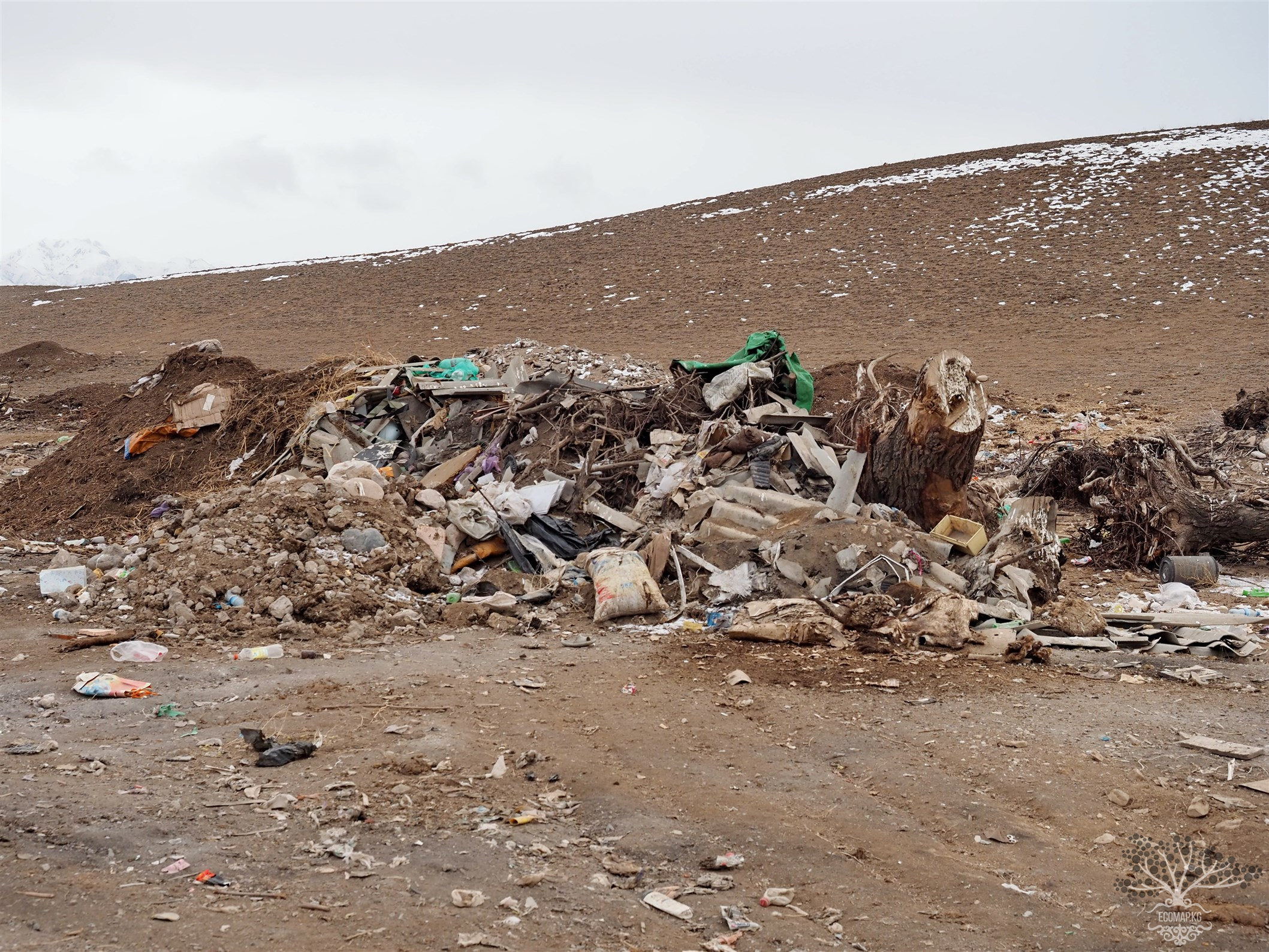
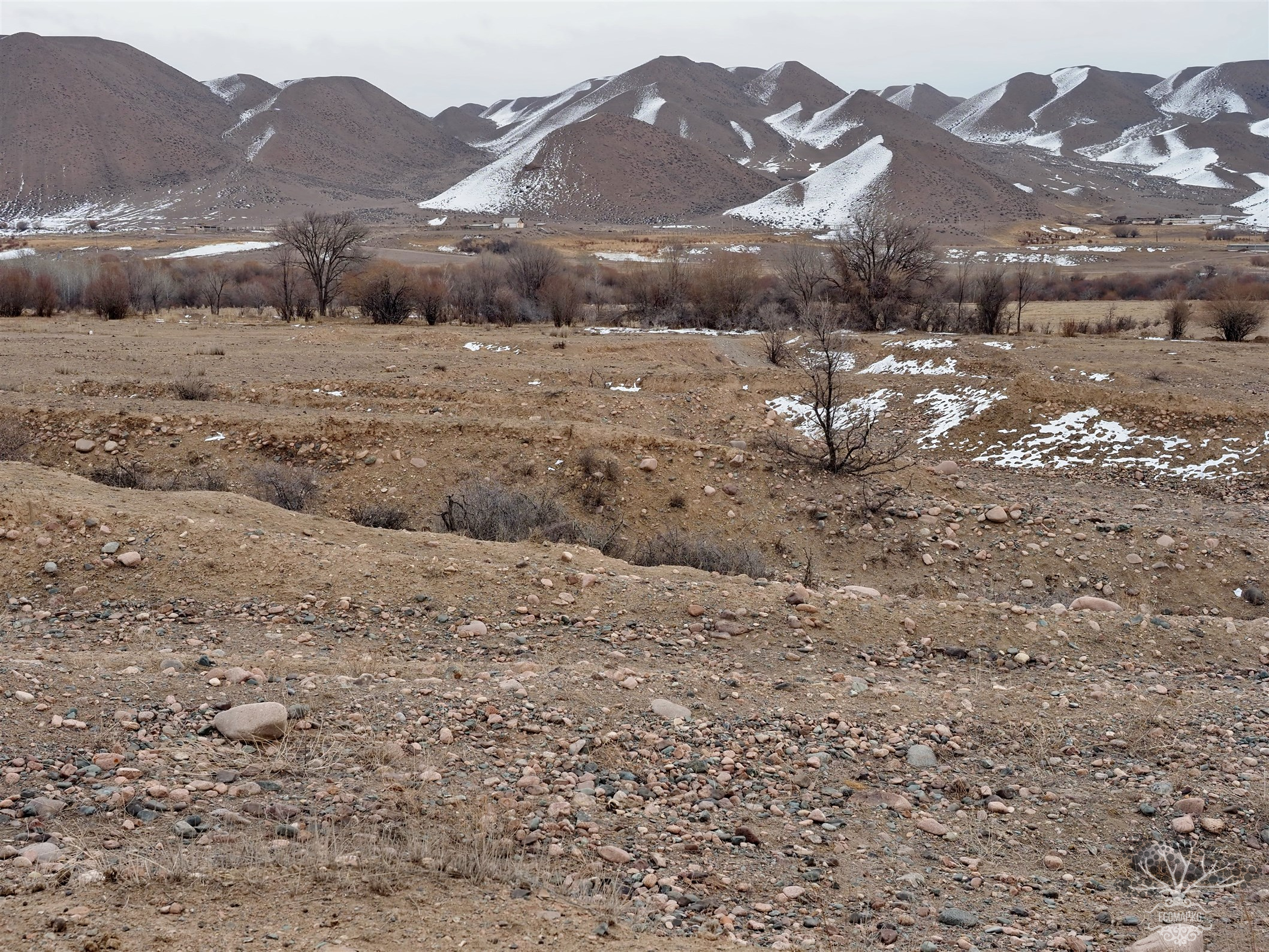
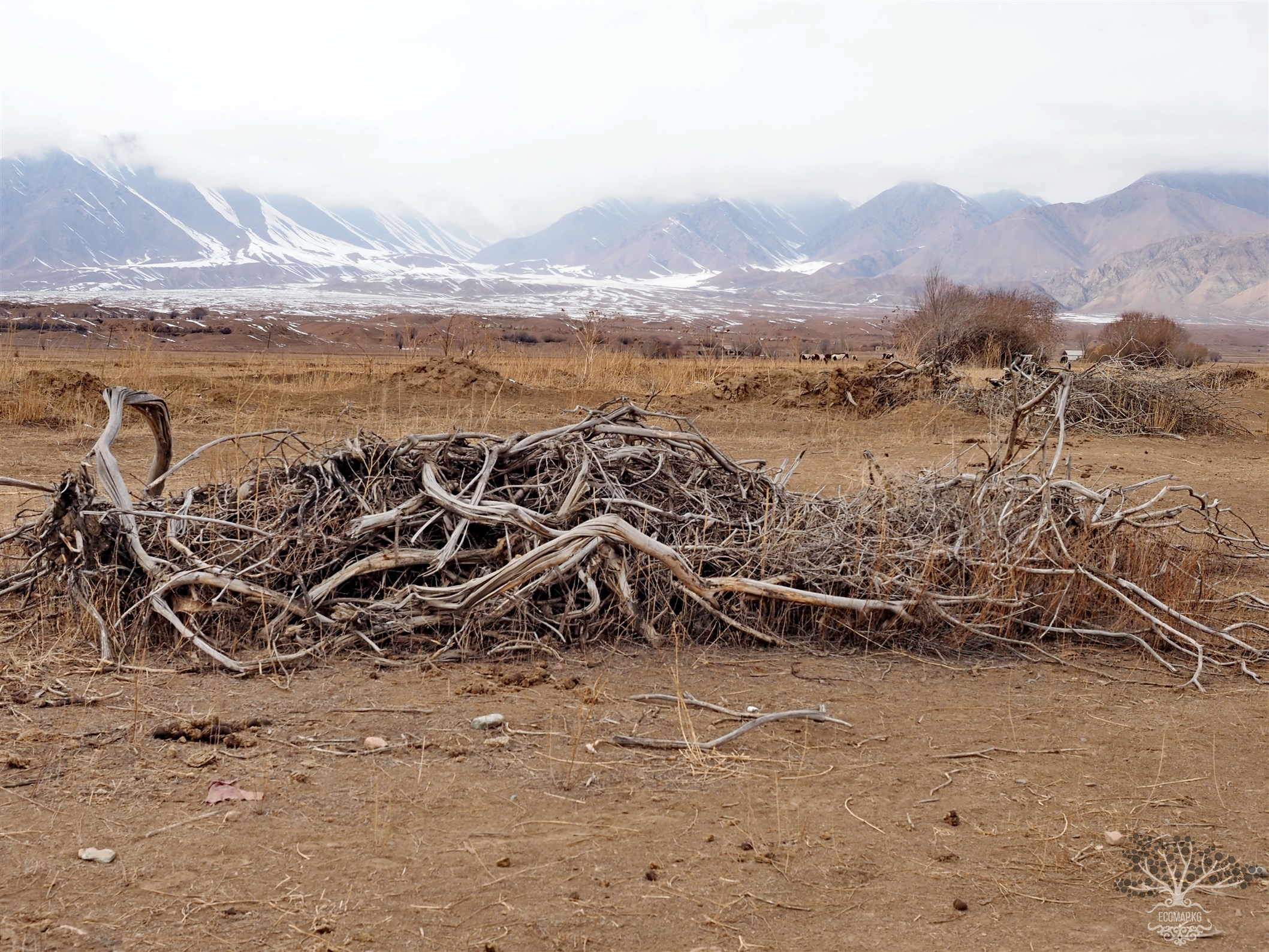
Attention: Information based on submitted complaints